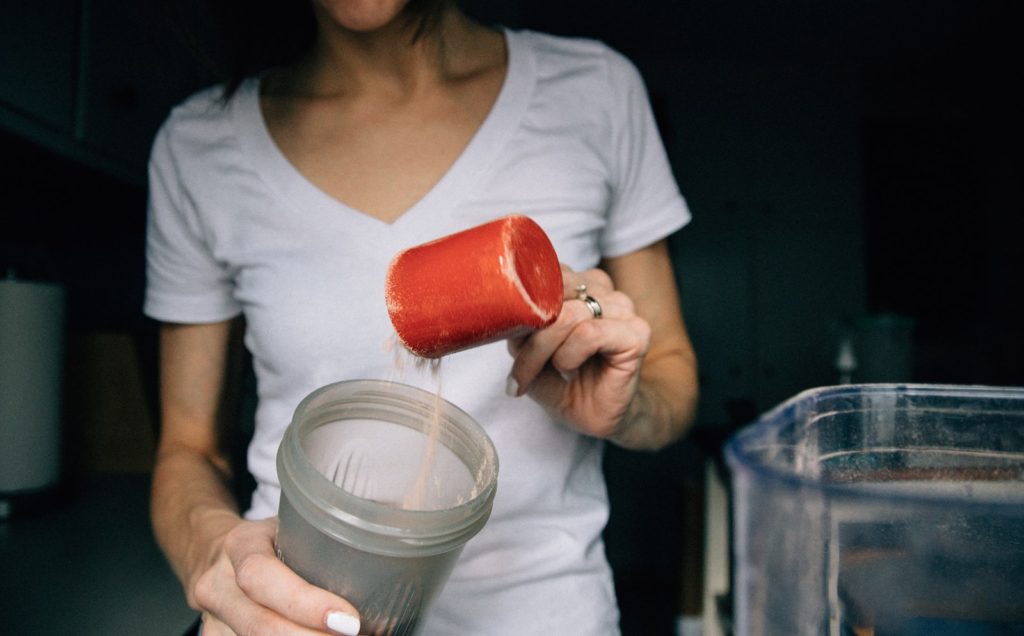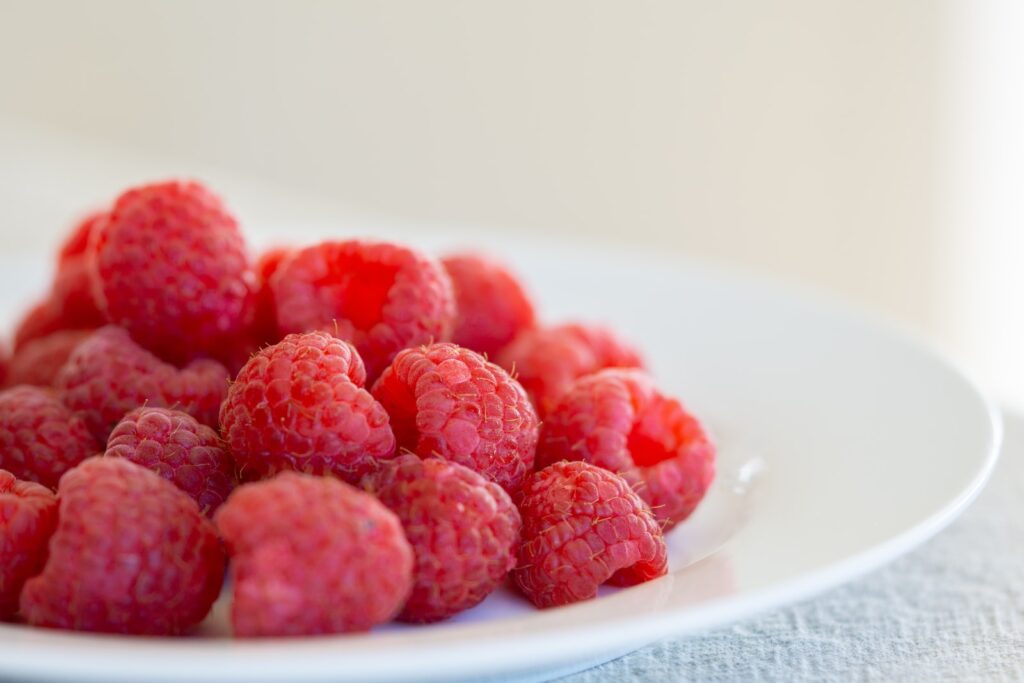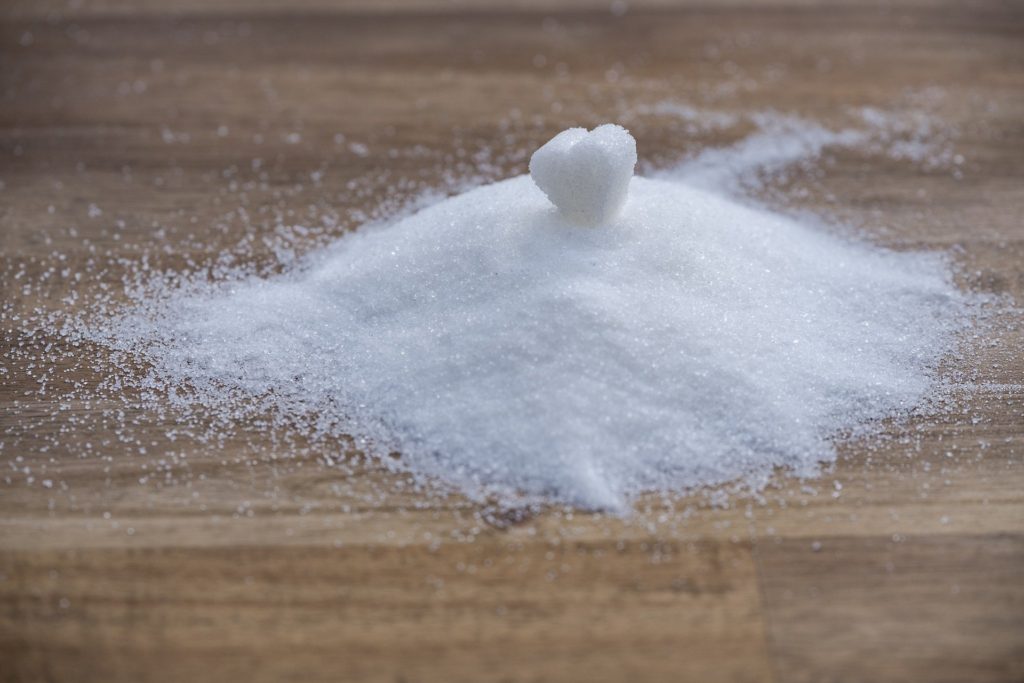Do you cringe when you read the nutrition label on your protein powder and see artificial sweeteners?
Well, sorry to break it to you, but most of the artificial sweeteners used to sweeten your favorite protein powders are bad for you.
Unless you’re a hardcore natural health fanatic, you may have associated artificial sweeteners with being okay for you.
It makes sense at first.
If you’re trying to watch your sugar intake but also want to stay active, using protein powders with artificial sweeteners as opposed to natural ones may be a good option for you.
But, all artificial sweeteners aren’t the same.
That’s why in this article, I’ll discuss the most common artificial sweeteners found in protein powders that you should avoid, & which ones are safe.
What Are Artificial Sweeteners?
Artificial sweeteners are low-calorie, man-made substances that are used instead of sugar to sweeten foods and beverages. They are commonly used in diet foods, sugar-free desserts, and sugar-free protein powders.
Non-caloric sweeteners aren’t metabolized by the body and contain zero calories, so they’re popular with people trying to lose weight or stay fit.
There are many different types of artificial sweeteners, and each has a different effect on your body.
To keep things simple, artificial sweeteners can be broken down into three categories:
- Common Artificial Sweeteners
- Sugar Alcohols
- Natural Sweeteners
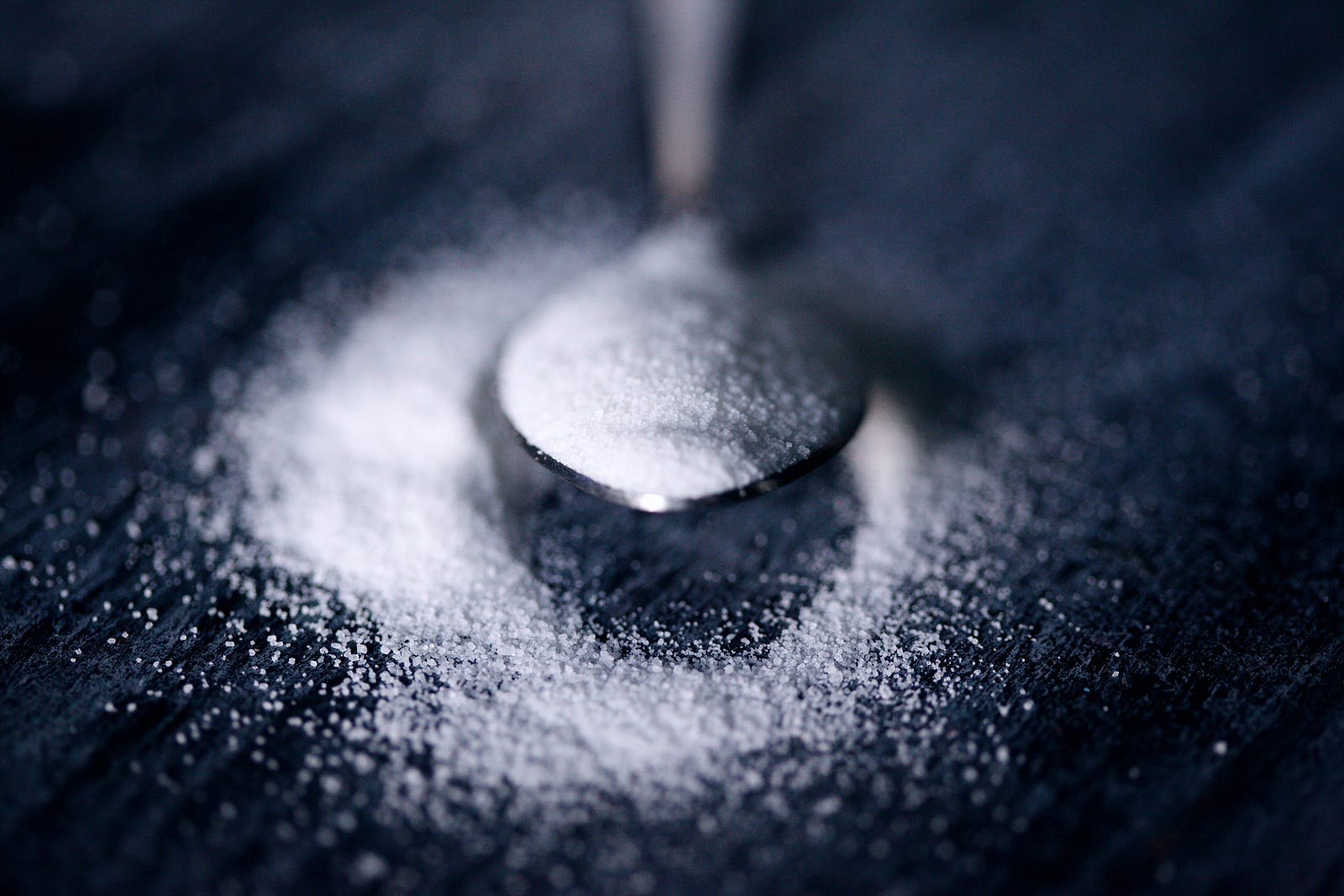
Common Artificial Sweeteners
Examples of common artificial sweeteners are sucralose (Splenda,) saccharin (Sweet ‘N Low,) aspartame (diet soda,) and acesulfame k (Equal.)
These are the most popular artificial sweeteners that you see in foods and beverages.
But, the problem with these sweeteners is that, since they’re artificial, they can lead to negative health effects.
For example, one study with around 3,000 people found that those who regularly consumed these artificial sweeteners increased their risk of developing dementia and stroke by 3x!
For that reason, you should make sure to avoid these sweeteners and any foods that contain them.
So, before you buy a certain protein powder, look through the ingredient list and see if it contains any of these artificial sweeteners:
- Sucralose
- Saccharin
- Aspartame
- Acesulfame K
- Neotame
- Advantage
For these reasons, if your protein powder has artificial sweeteners in it like the ones listed above, you should look to avoid them.
Sugar Alcohols
Sugar alcohols are one of the most popular alternatives to sugar since they’re low in calories. The most common sugar alcohols are maltitol, xylitol, sorbitol, mannitol, isomalt, & lactitol.
Most of the time you can identify if a sweetener is a sugar alcohol if it ends in “ol.”
But, a big problem with sugar alcohols is that they’re pathogenic, meaning they cause the bad bacteria in your gut to grow.
That’s why most people experience diarrhea and stomach cramps after consuming foods with sugar alcohols.
In addition to that, most sugar alcohols have a similar amount of calories compared to sugar.
Here is the amount of calories per gram in the most common sugar alcohols:
- Maltitol–2.7
- Xylitol–2.5
- Sorbitol–2.5
- Mannitol–1.5
And when you compare the calories in sugar alcohols with sugar, it makes sugar alcohols seem even worse.
But, that doesn’t mean that all hope is lost for people who want sugar-free protein powder.
*Note: Some of these links are Amazon affiliate links which I earn a commission from if you use them to buy something*

Natural Sweeteners
Natural zero-calorie sweeteners, like stevia, erythritol, and monk fruit, don’t cause the negative side effects that artificial sweeteners and sugar alcohols cause.
Because of that, when possible you should choose protein powders, like this one, that contain a natural sweetener.
Natural Alternatives to Artificial Sweeteners in Protein Powder
Here are the natural sweeteners that you should look for when buying protein powder:
- Stevia — Stevia is a natural sugar substitute that is commonly used in protein powders. Stevia is a plant-based, herbal sweetener that has been used for centuries in South American countries. Stevia has been shown to have no negative side effects, even in pregnant women, infants, and people with diabetes. If you’re looking for a protein powder that contains stevia, this is the protein powder that I like the most since it only contains three ingredients: hydrolyzed whey protein, cocoa, and stevia. It also tastes pretty good and is hydrolyzed, meaning it gets absorbed quicker.
- Monk Fruit — Monk fruit is another natural sweetener that is commonly used in protein powders. Monk fruit comes from the inside of the Chinese Lan Hou Gao plant, and it’s around 300 times sweeter than sugar. If you’re looking for a monk fruit-sweetened protein powder, this one is my personal favorite since it has <1g of carbs per serving.
- Erythritol — Erythritol is a natural sweetener that has a minimal effect on blood sugar. Erythritol has a chemical-sounding name, but it actually is naturally found in plants like birch trees. Erythritol is a type of natural sugar alcohol, and it’s also commonly used in protein powders. While it is a natural sweetener, erythritol is also known to cause a cooling effect on the tongue when you eat. This can discourage some people from buying erythritol products. But, for most people, this isn’t a big issue. My favorite protein powder with erythritol and monk fruit is this grass-fed one.
But, if you’re just looking to avoid all sweeteners altogether, you may be wondering if you should just use unflavored protein powder instead of normal protein powder.
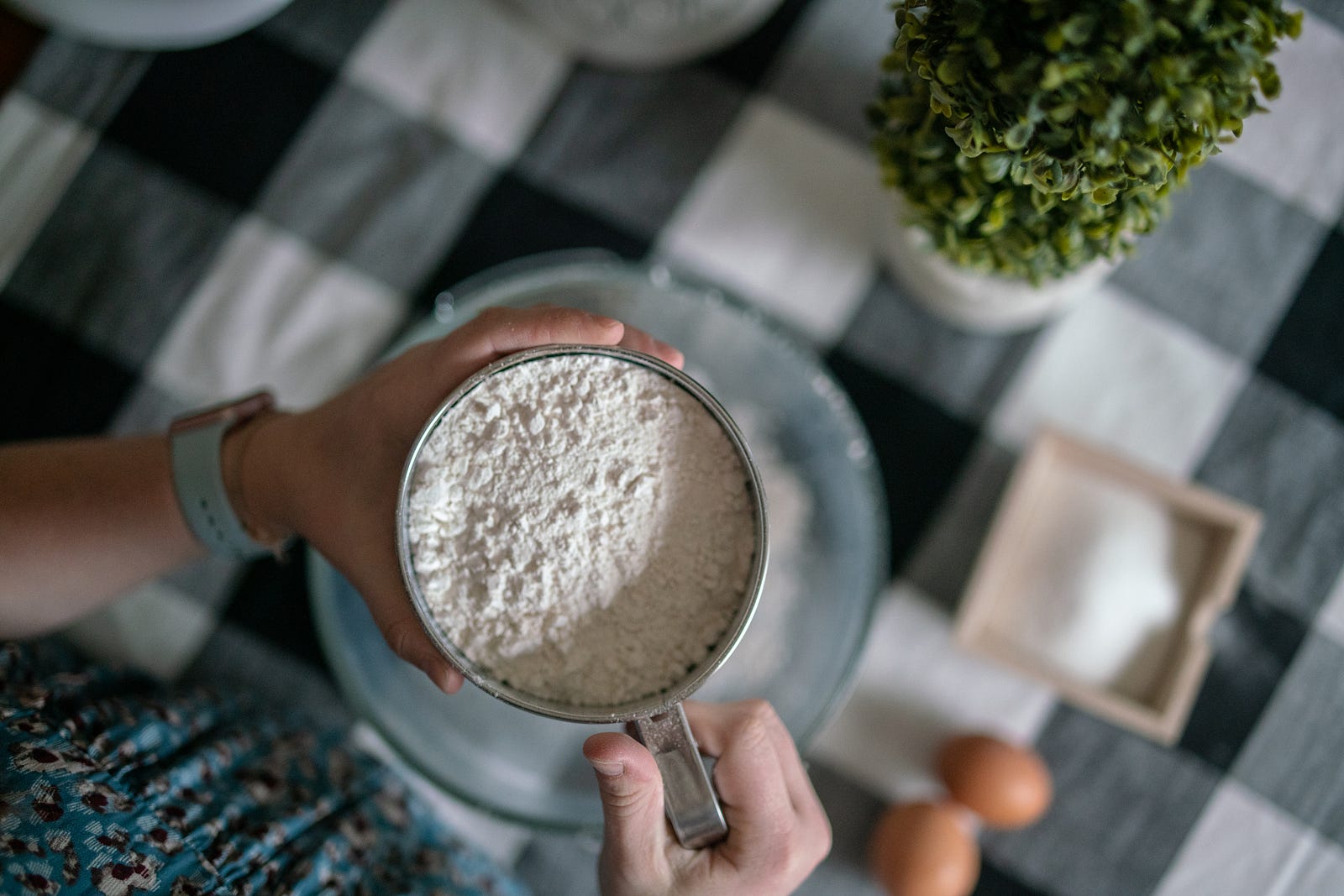
Should You Use Unflavored Protein Powder?
If you find that when you eat sweetened protein powder, you start to crave sweet foods more, or if you just want to quit eating sweet foods altogether, you should consider using unflavored protein powder.
To help you make your decision, I’ve categorized the pros and cons of using sweeteners in protein powder so you can make a better decision for your goals.
The Pros of Using Sweeteners in Protein Powder
- Most sweeteners are calorie-free.
- Most sweeteners don’t cause blood sugar spikes.
- Sweetened protein powders are easier to find compared to unsweetened protein powders.
- Sweetened protein powders are easier to bake desserts with.
The Cons of Using Sweeteners in Protein Powder
- Sweet foods can be addicting.
- Eating sweet foods may cause you to find other foods less palatable.
- Sugar alcohols and some artificial sweeteners are not good for gut health.
- Artificial sweeteners may cause brain damage, stroke, dementia, cancer, diabetes, and weight gain.
- Artificial sweeteners may not be safe for children.
- Artificial sweeteners may negatively affect athletic performance.
- Artificial sweeteners may cause adverse effects in pregnant women.

Conclusion
The bottom line is that while artificial sweeteners may be convenient and easy to find, they may not be the healthiest option for you.
Artificial sweeteners have been linked to many health issues that may not be evident in the short term.
If you are trying to stay fit, lose weight, or have diabetes, artificial sweeteners may be a bad choice for you.
In this case, it might be best to avoid protein powders with artificial sweeteners and instead search for protein powders with natural sweeteners.
But, if you do choose to use protein powders with artificial sweeteners, make sure to watch your serving size.
If you want to find out why most artificial sweeteners are bad for you, you can read my article here where I discuss the science behind the neurotoxic effects of artificial sweeteners.
- Can You Still Lose Weight If You Aren’t in Ketosis? - February 8, 2023
- Can the Keto Diet Help With Depression? - February 8, 2023
- Why Does Processed Food Make You Fat? - January 2, 2023

